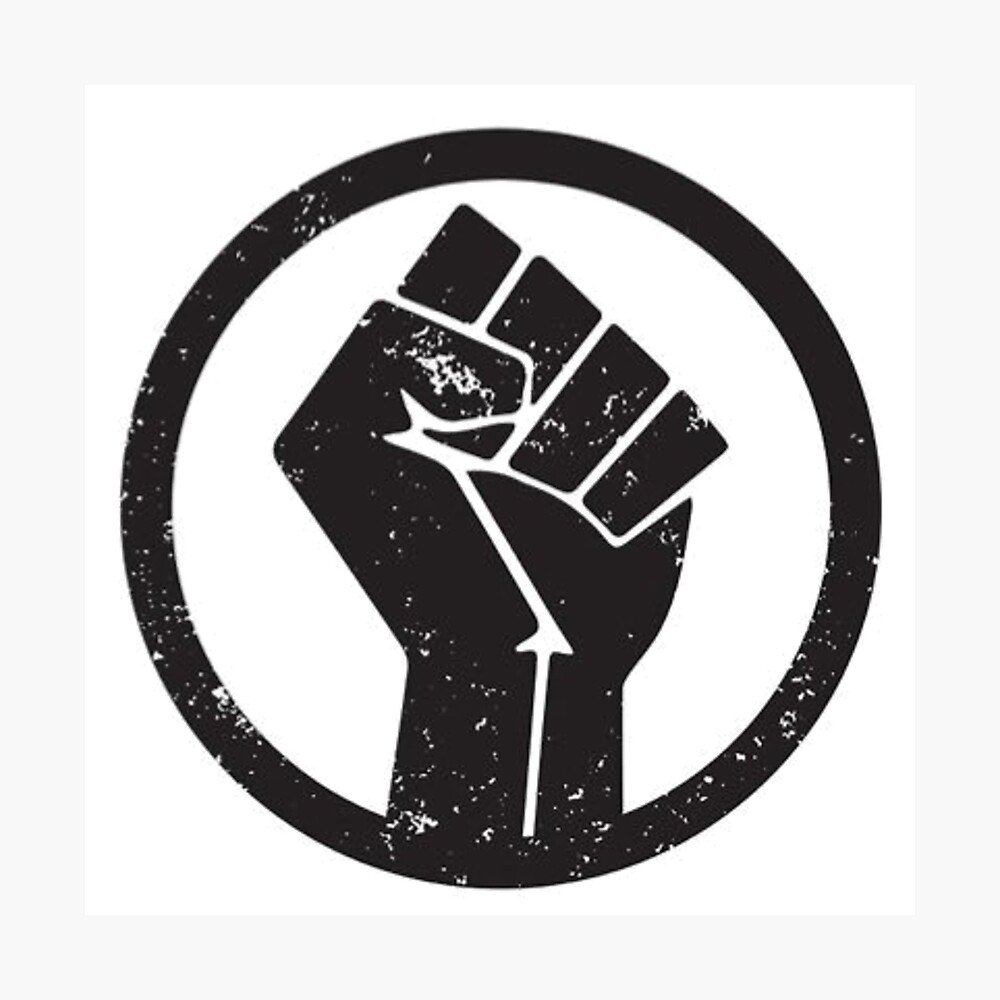
The other day, as I was walking into the hospital, I saw that when someone shared one of my tweets as evidence of how real COVID is, another person said mine was a parody account. What, exactly, I was supposedly parodying, I don’t know.
THREAD
THREAD

Here’s what happened that day. We evaluated a new patient early in the morning. He’s in his 80s, and he’s breathing between 40 and 50 times a minute. Try doing that—it’s barely more than a second per breath for both the inhalation AND exhalation.
2/
2/
He says he feels fine and has no problems with his breathing. But looking at him huff and puff, trying to get oxygen into his lungs and carbon dioxide out of them, we know he’s not fine. And at his age, he can’t exert that much effort for long.
3/
3/
Picture him—he’s a short Hispanic man, mild central obesity, a receding hairline with the remaining whisps of his hair being gray. His forehead is wrinkled, and most of his face is obscured by the mask for his oxygen. He’s got chocolate brown eyes and sun-kissed skin.
4/
4/
Imagine him at his house, wearing some khakis and a short-sleeve shirt, sitting on the couch, watching TV with his wife. He just came back from a round of golf, and she spent the day working in the garden. They’ve been married for >50 years and have never been apart until now.
5
5
Now he’s in the hospital, and she can’t be there with him.
We make some adjustments to his mask and the oxygen he’s on to see if he improves, and we go check on someone else.
6/
We make some adjustments to his mask and the oxygen he’s on to see if he improves, and we go check on someone else.
6/
After seeing a couple of other patients, we go back to check on him. He’s not doing any better and needs the support of a ventilator.
We call his family and connect them so they can have a last conversation together before we have to put in a breathing tube.
7/
We call his family and connect them so they can have a last conversation together before we have to put in a breathing tube.
7/
They ask me how long he will be on the ventilator. It’s hard to know what to say. Do you tell them what you know from experience, that he will likely die? Or do you tell them you don’t know?
Do you try to give them hope? Or is that cruel?
8/
Do you try to give them hope? Or is that cruel?
8/
I’m not sure what will happen, I say, knowing the impression left from his favorite spot on the couch may stay empty. But would she like to speak with him now? This will likely be his last conversation, I say. I pause, wondering if I should add, “before he gets intubated.”
9/
9/
I stop there, and there’s a sharp inhalation on the other line. My heart sinks. Maybe I’ve been too harsh. But I don’t want to give them false hope. If I say things will be fine, or we have to take it day-by-day, they’ll be shocked when we call them later saying he's dying.
10/
10/
When we have to discuss whether we should switch our goals to making him more comfortable, they will think we’re coming out of left field.
But I can already see it. Anyone who’s cared for these patients can. The path ahead is most likely to be long and draining.
11/
But I can already see it. Anyone who’s cared for these patients can. The path ahead is most likely to be long and draining.
11/
The chance that he survives is low. But it’s possible, I suppose.
I really wish this were a parody, but there are >7,000 people with COVID on a ventilator today. Imagine 7,000 stories just like this, of people saying goodbye over the phone or an iPad.
📸@roto_tudor
12/
I really wish this were a parody, but there are >7,000 people with COVID on a ventilator today. Imagine 7,000 stories just like this, of people saying goodbye over the phone or an iPad.
📸@roto_tudor
12/

It doesn’t have to be this way.
No matter what you’ve said or done before, you can do the right thing now. Stay home, wear a mask, keep your distance.
We may not have a hospital bed for you or the partner, child, or parent you may unknowingly infect.
13/13
No matter what you’ve said or done before, you can do the right thing now. Stay home, wear a mask, keep your distance.
We may not have a hospital bed for you or the partner, child, or parent you may unknowingly infect.
13/13
PS This story is inspired by a real patient; details have been changed or intentionally left vague so as to not be recognizable.
cc @ETSshow @FutureDocs @drjessigold @kari_jerge @Cleavon_MD @DoctorYasmin @RoxanaDaneshjou @MollyJongFast @chrissyfarr @Heatherknight55 @chiney @EricTopol @iamritu @DrHowardLiu @DrJenGunter @DBelardoMD @JJcolemanMD @AmmahStarr
• • •
Missing some Tweet in this thread? You can try to
force a refresh








